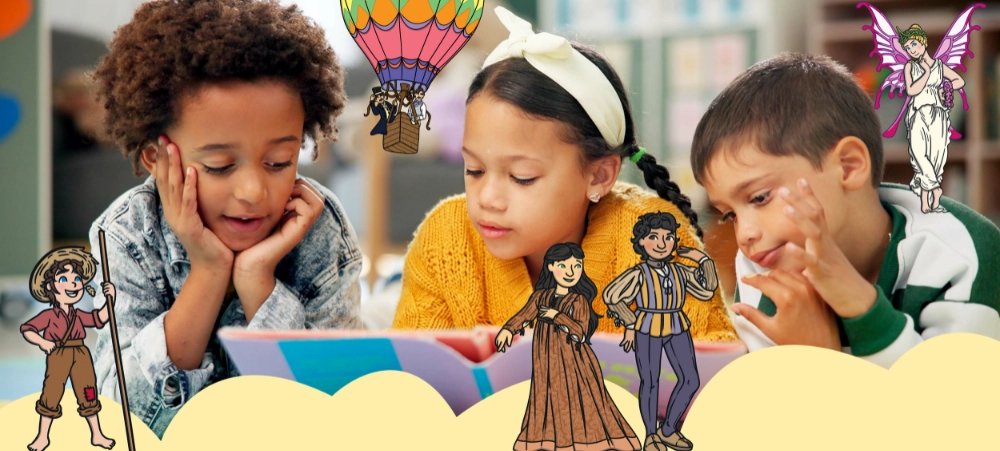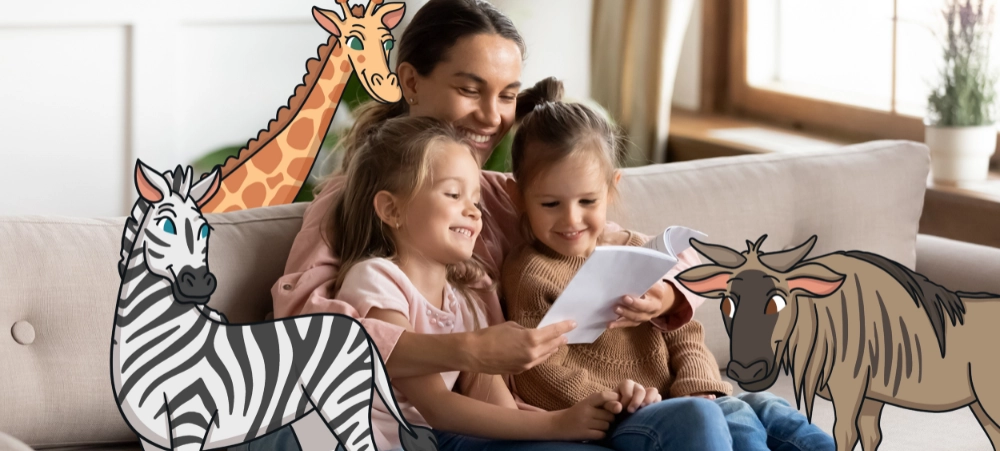When people think of science, technology, engineering, or maths, they tend to think only of bespectacled old, bearded men. The truth is, though, that women have been pioneers in STEM fields since humans invented them! While sadly often overlooked or forgotten in the annals of history, women have made invaluable contributions to science throughout the millennia and continue to do so to this day!
As 11 February is the International Day of Women and Girls in Science, let’s look at what amazing things some South African women are doing in these fields today!

Youngest working doctor in SA
At the end of last year, Thakgalo Thibela received her Bachelor of Medicine and Surgery, which is already no mean feat. But what makes her achievement extraordinary is that Dr Thibela is only twenty-one years old, making her the youngest working doctor in South Africa today! Although she is currently on the frontlines of the COVID-19 pandemic at the Helen Joseph Hospital in Johannesburg, she aims to specialise in neurosurgery when she gets the opportunity to do so. Speaking of her incredible achievements, Dr Thibela has said: “It’s a reminder to all the young girls that we are capable of being whatever we want.”
A princess AND a nuclear physicist
A princess AND a nuclear physicist? Senamile Masango is proof that women can do it all! Born into Zulu royalty in Nongoma, Kwa-Zulu Natal, this phenomenal young woman soon developed a fascination with the starry skies and outer space. Having obtained her masters at the end of 2019, she is now working toward her doctorate in nuclear physics. Masango is the first African woman ever to have worked on a project at CERN, the European Organisation for Nuclear Research in Switzerland.
She has also established a non-profit organisation, the Senamile Masango Foundation, which provides programmes to women and young schoolgirls, aimed at increasing the number of highly qualified and competent women in STEM across the continent.

Breaking the glass ceiling
Breaking the glass ceiling in any industry is tough, let alone a field as male-dominated as Mathematics, but in 2002, Professor Mamokgethi Phakeng became the first black woman to obtain her doctorate in mathematics education.Since then, she has been the vice-principal of research and innovation at UNISA, the acting executive dean at the College of Science, Engineering and Technology at UNISA, and is currently the vice-chancellor of the University of Cape Town. Last year, she was named one of Times Higher Education’s (THE) 10 People of the Year – the only African on the list!
Dreaming big
Tebogo Lebelo is a second-year PhD student in human genetics, focusing on prostate cancer research. Knowing that what she does will bring a significant change in people’s lives fuels Lebelo’s love for her work and drives her to work even harder to contribute to a better life for cancer patients. “I love cancer research because it helps us understand and tackle this global health burden. We look into ways to better diagnostics and contribute to treatment solutions, ways that can be translated from the lab to hospital [bench to bedside].”

When she was in high school, a programme on SABC 2 called Women in Science played a considerable role in Lebelo’s career choice. It made her believe that she can dream big.
“From that day, I just saw myself in a lab coat ‘making magic’ [creating solutions for issues in the health system]. I wanted to be ‘the hero in a lab coat’ because we all know that not all heroes wear capes. We need more of those shows for our young girls, to inspire and encourage them that science is for us. It is not something to shy away from but to engage in.”
Morongoa Ngoasheng, who completed her MSc (majoring in atmospheric chemistry) with distinction, also encourages young women to dream big. “They are going to try to discourage you, make you question everything that you are going to do, don’t let them, focus on your dreams”. Ngoasheng is currently working as a chemistry graduate at a global mining company and says that her love of chemistry is growing the more she works in the field.

“By Africans, for Africans”
“By Africans, for Africans” – that’s the motto of Johannesburg software designer Charlette N’Guessan Desiree. As facial recognition technology becomes globally ubiquitous, N’Guessan Desiree noticed that many Africans are sceptical of this new advance in technology. The 27-year-old realised that people across the continent would be less suspicious of similar technology developed by someone from the continent. Thus she set out to design African-specific software with her company, BACE Group. Last year September, she won the Royal Academy of Engineering’s Africa prize for engineering innovation – the first woman ever to win the award!
Sources:
by Jacqui Smit
- Education beyond the traditional classroom: The benefits of home and online schooling for South African learners - October 9, 2025
- Making Sense of Infinite Content: Why Curation and Curriculum Matter in Online Learning - September 16, 2025
- Home vs Online: Parents Weigh Quality, Structure, and Support in Alternative Schooling - September 5, 2025





